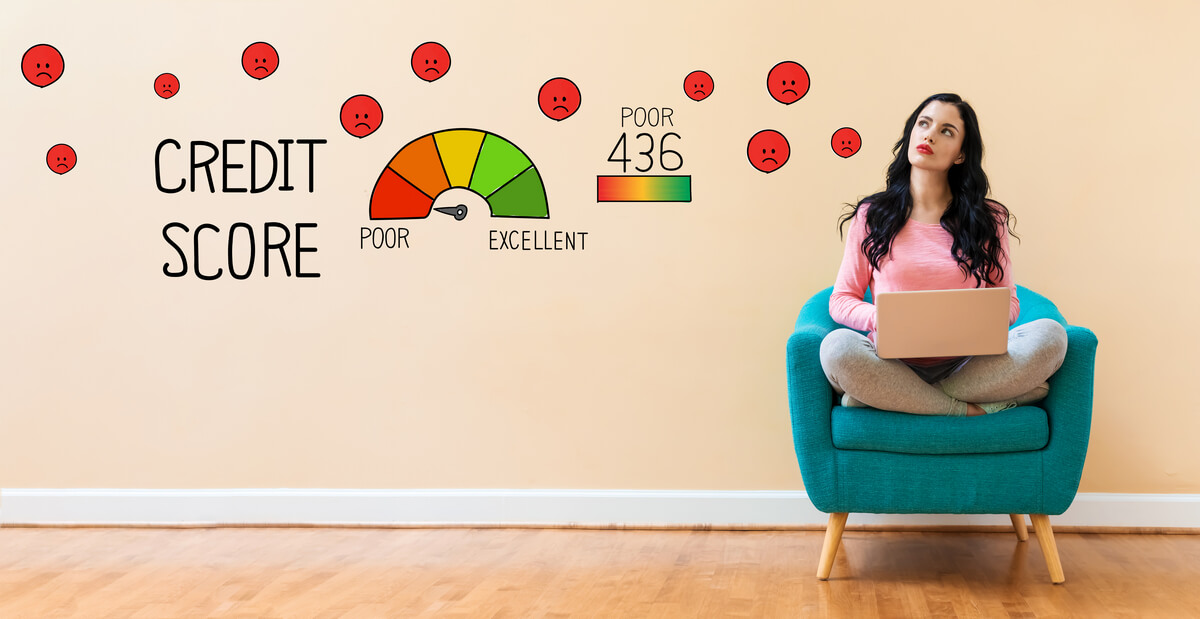Your credit history is one of the most important considerations when buying a house. A home is an enormous purchase, and the lender wants to know that you’ll pay back the debt. When you have a good credit score, you’ll find it easier to be approved for a mortgage, and you may secure a lower interest rate.
Bad credit can make it difficult to buy a house, but it’s not impossible to achieve homeownership with a low credit score. If you have poor credit, you should understand how it will affect your home buying experience, what your mortgage options are, and what you can do to increase your credit score.
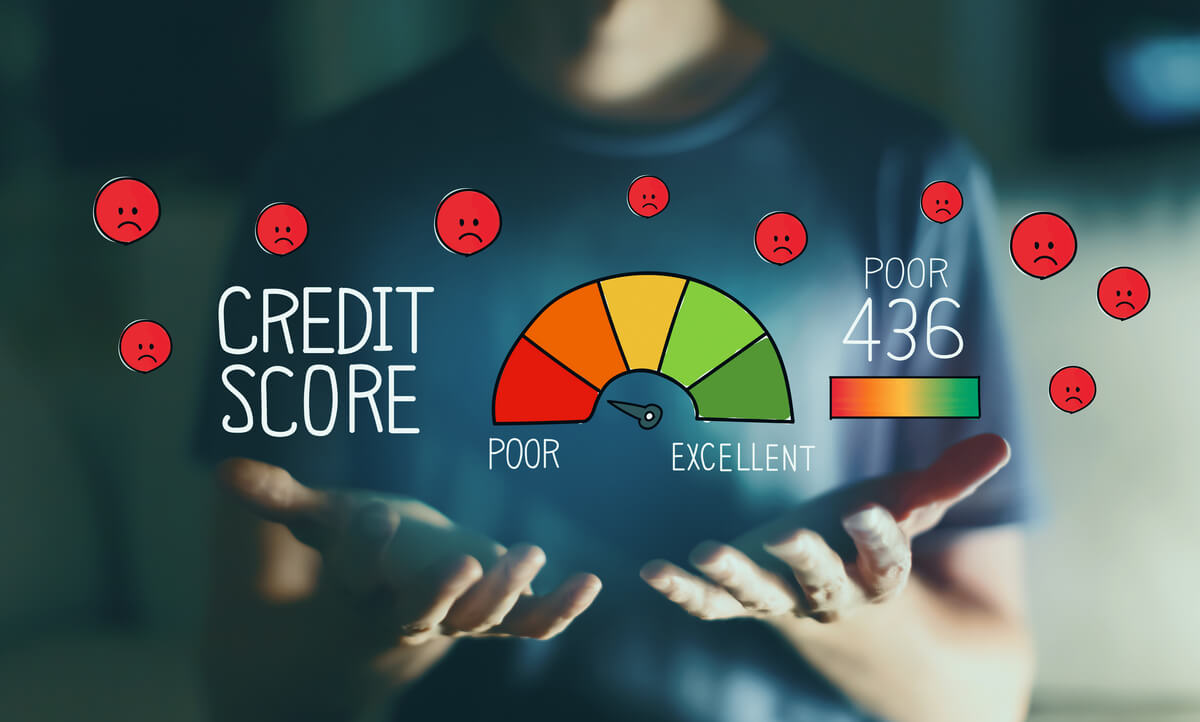
How a Low Credit Score Affects Your Mortgage Prospects
Strong credit history proves to your lender that you have a habit of making on-time payments and that you’re not drowning in debt. Most lenders offer lower interest rates to borrowers with higher credit scores, so a good score can save you thousands of dollars over the lifespan of the loan.
Mortgage lenders typically have a minimum credit requirement and will not approve home loans for applicants with credit scores under this number. Minimum credit requirements vary from lender to lender, but for a conventional loan, lenders typically want to see a score of at least 620. Some will approve applicants with scores in the 500s and low 600s, but they’ll set a higher interest rate.
FHA loans require a minimum credit score of 580 for a 3.5% down payment. If your score is between 500 and 579, you can be approved with a 10% down payment. Saving up this extra cash can be a lengthy and difficult process, so a low credit score can affect your timeline for homeownership.
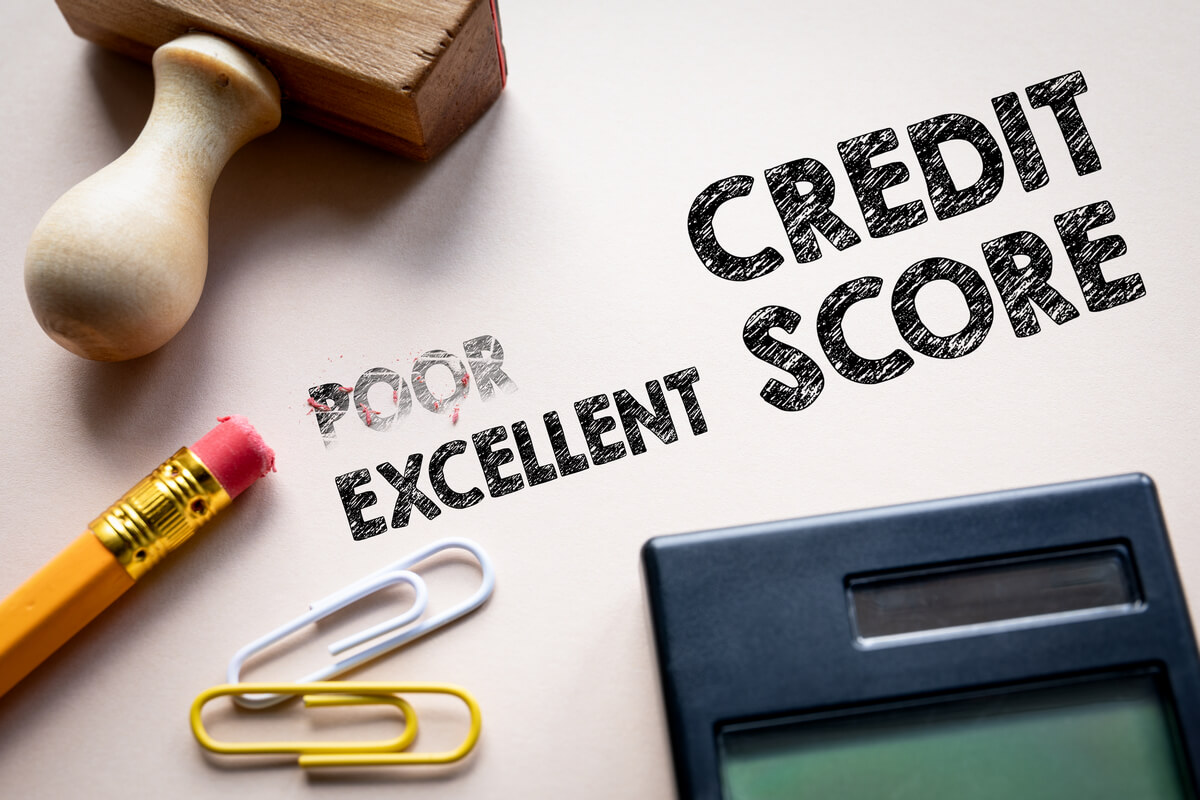
How to Increase Your Credit Score
If you have a low credit score, the best way to improve your home-buying prospects is to boost your credit. You may be able to secure a mortgage with your current credit score, but increasing your score will give you more options. Building your credit doesn’t happen overnight, but you might be able to make substantial improvements to your score in a matter of months. Here are some key ways to improve your credit score as you prepare to apply for a mortgage:
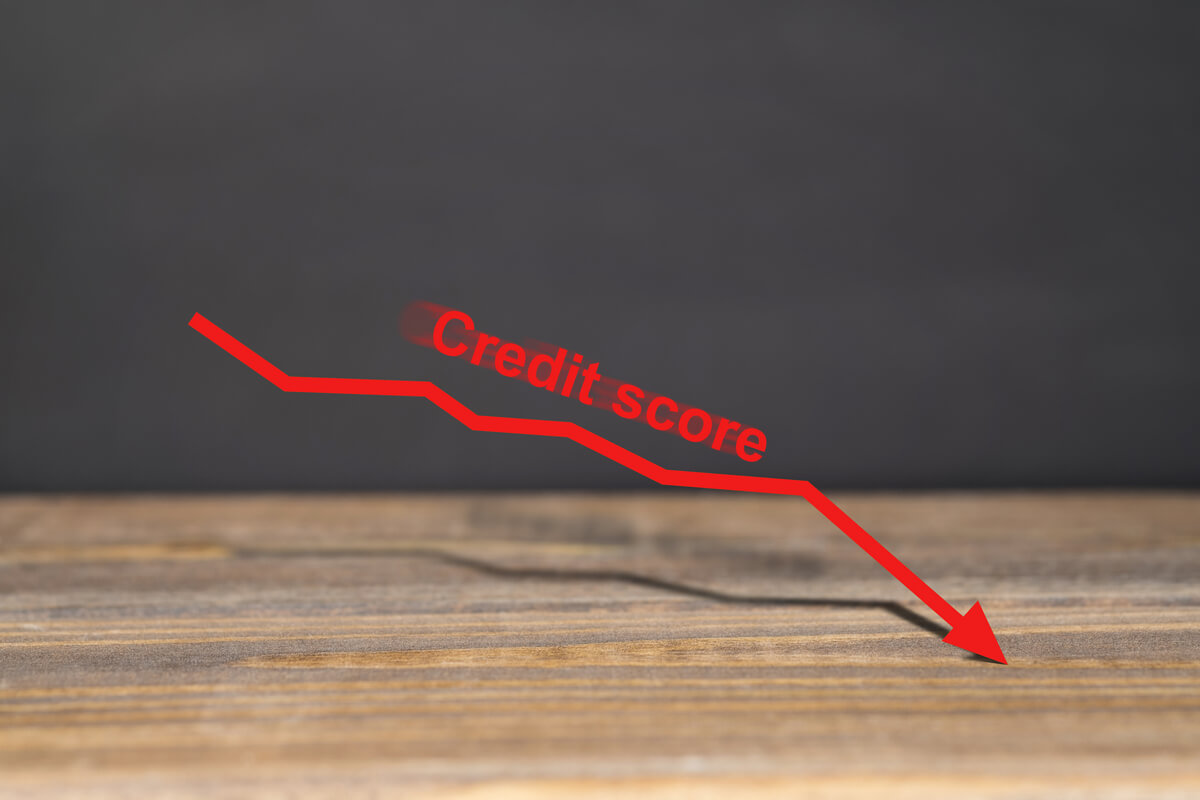
Decrease Credit Utilization
The ratio of your credit balances to your credit limits is a major component of your score. If your credit cards are close to being maxed out, lenders may think that you’re spending beyond your means or are facing financial hardship. Paying down your credit card balance will improve your credit utilization and make you look more favorable to lenders.
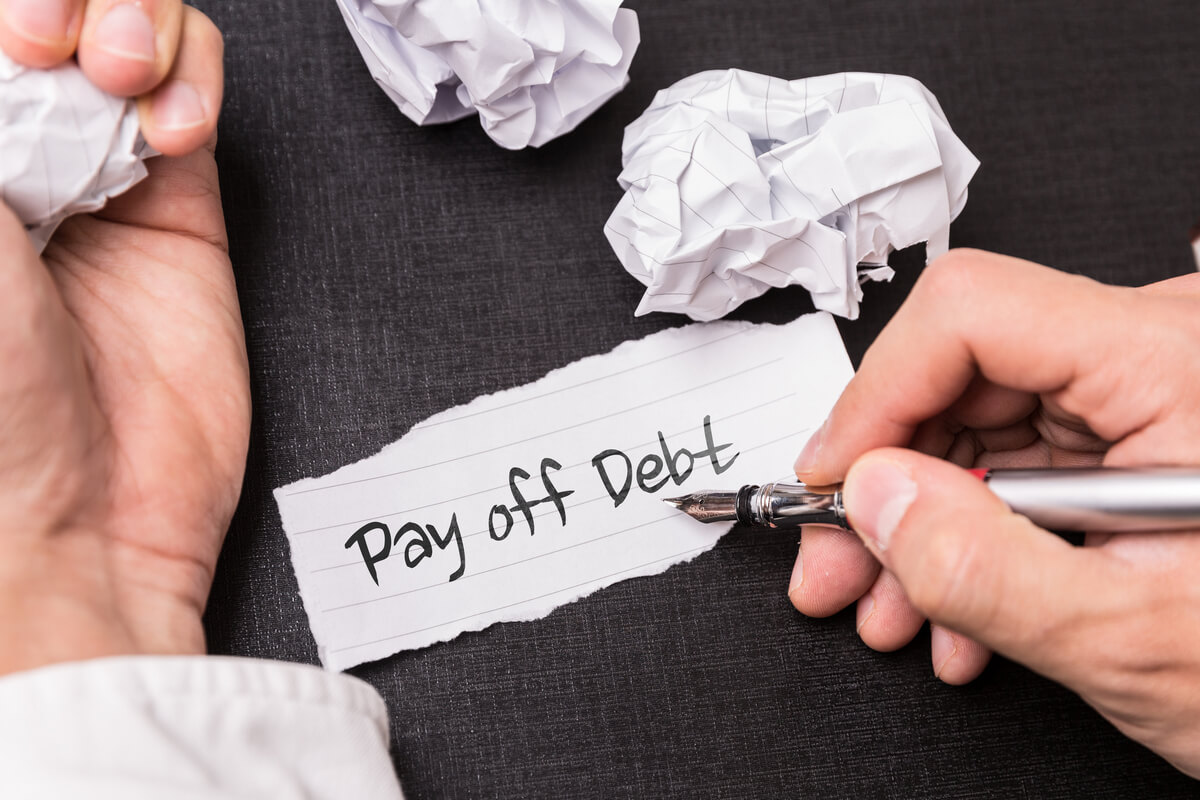
Pay Down Overall Debt
Your credit cards should be a priority when working on your credit score as they typically have the highest interest rate. Paying down your other debts can also boost your credit, though. If you have car loans, personal loans, student loans, or any other debt, try to make more than your minimum payments whenever possible.
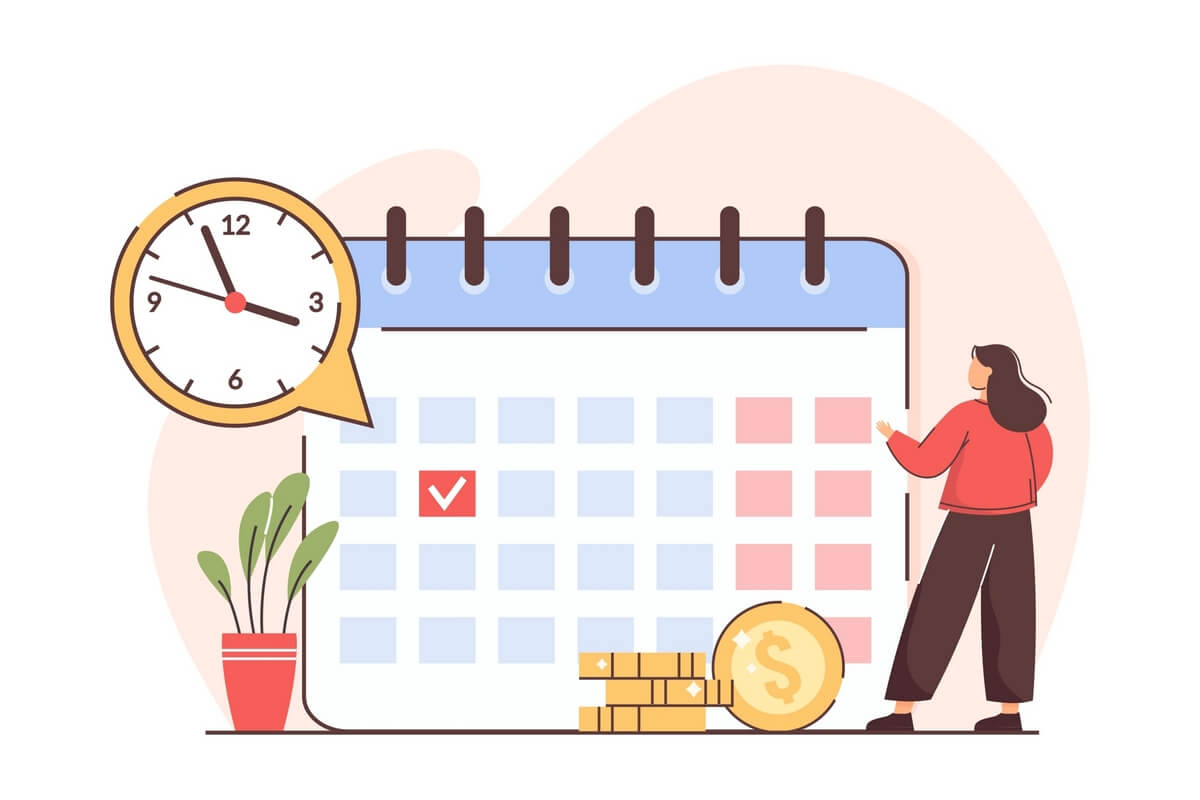
Make Payments on Time
Good payment history shows that you’re a trustworthy borrower and that your finances are stable. Unfortunately, a delinquent payment stays on your credit report for seven years. If you have any late payments, you’ll simply have to wait for them to drop off of your report. However, you can maintain or improve your score by ensuring that you make all of your upcoming payments on time. Set reminders on your phone to make your loan and credit card payments, or set up automatic payments so that you don’t have to worry about forgetting.

Dispute Errors
Lenders sometimes put a derogatory mark on your credit report in error, and getting an incorrect mark removed can immediately increase your score. Read through your credit report carefully to identify any incorrect marks. Then, you can file a dispute with the credit bureaus to get them removed.

How to Buy a House With Bad Credit
You don’t necessarily have to wait until your credit score improves to apply for a mortgage. Sometimes, buyers are able to purchase homes and secure mortgages with a credit score in the 500s. Here are some tips for pursuing homeownership with low credit:
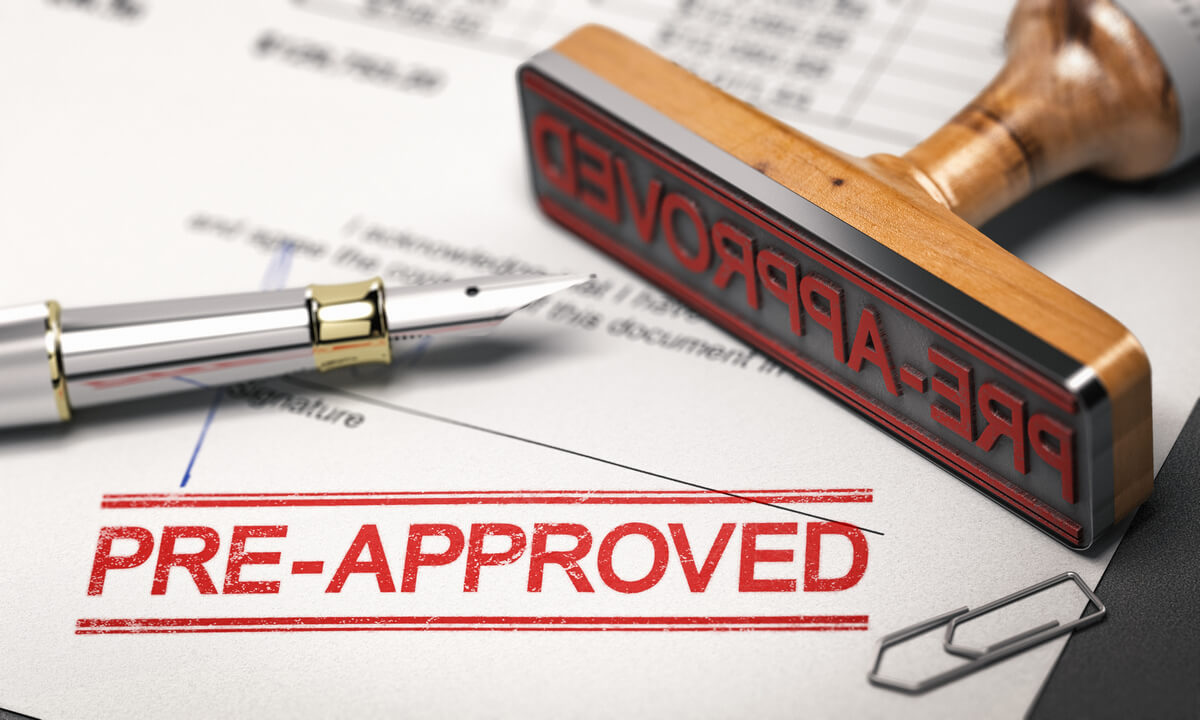
Get Preapproved
Preapproval is a valuable step for any home buyer, but it’s especially important if you have bad credit. Your pre-approval letter will include a loan amount, down payment amount, and interest rate so that you can set a budget for your home search. Although a pre-approval doesn’t completely guarantee that you’ll be approved for a mortgage, it can help to put your mind at ease if you’re concerned about your prospects.
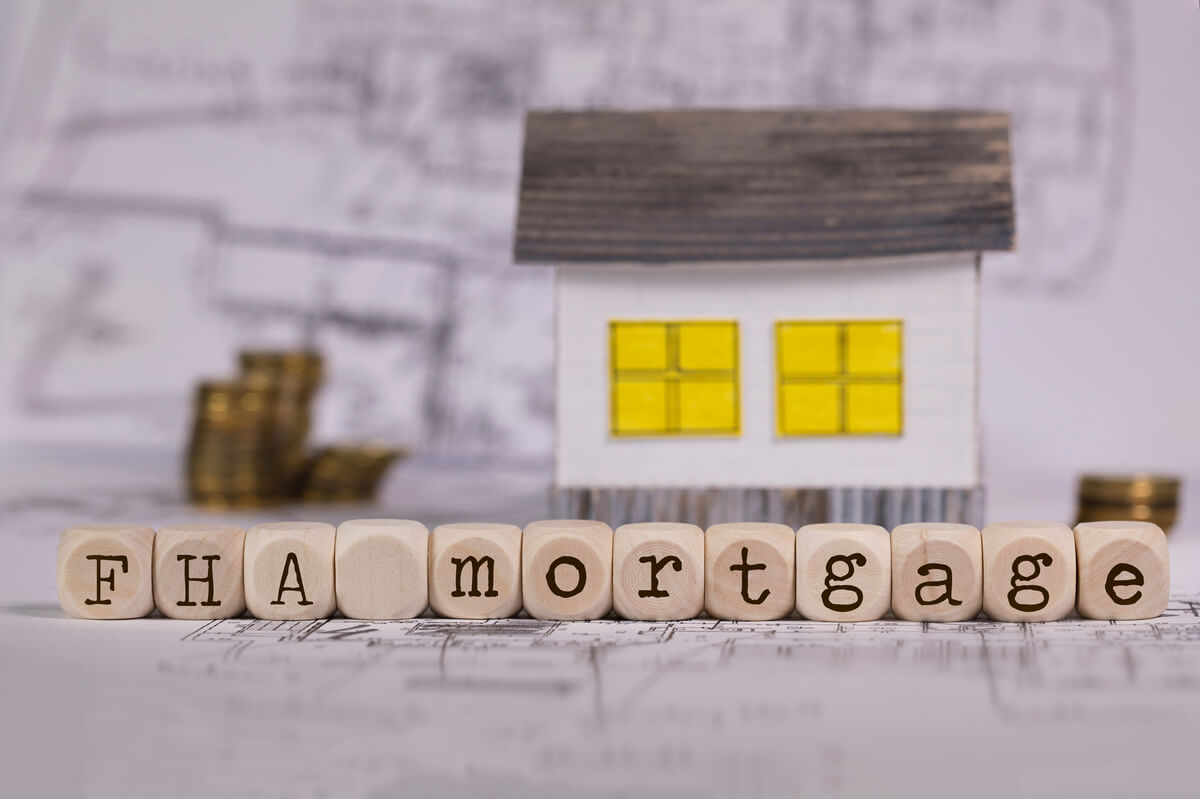
Apply for an FHA Mortgage
An FHA loan is usually the best option for borrowers with bad credit. FHA mortgages are backed by the government, so lenders are willing to award the loan to borrowers with lower credit scores or lower incomes. If your credit score is 580 or higher, you can be approved for an FHA loan with a 3.5% down payment. If your score is between 500 and 580, you can be approved as long as you put at least 10% down.
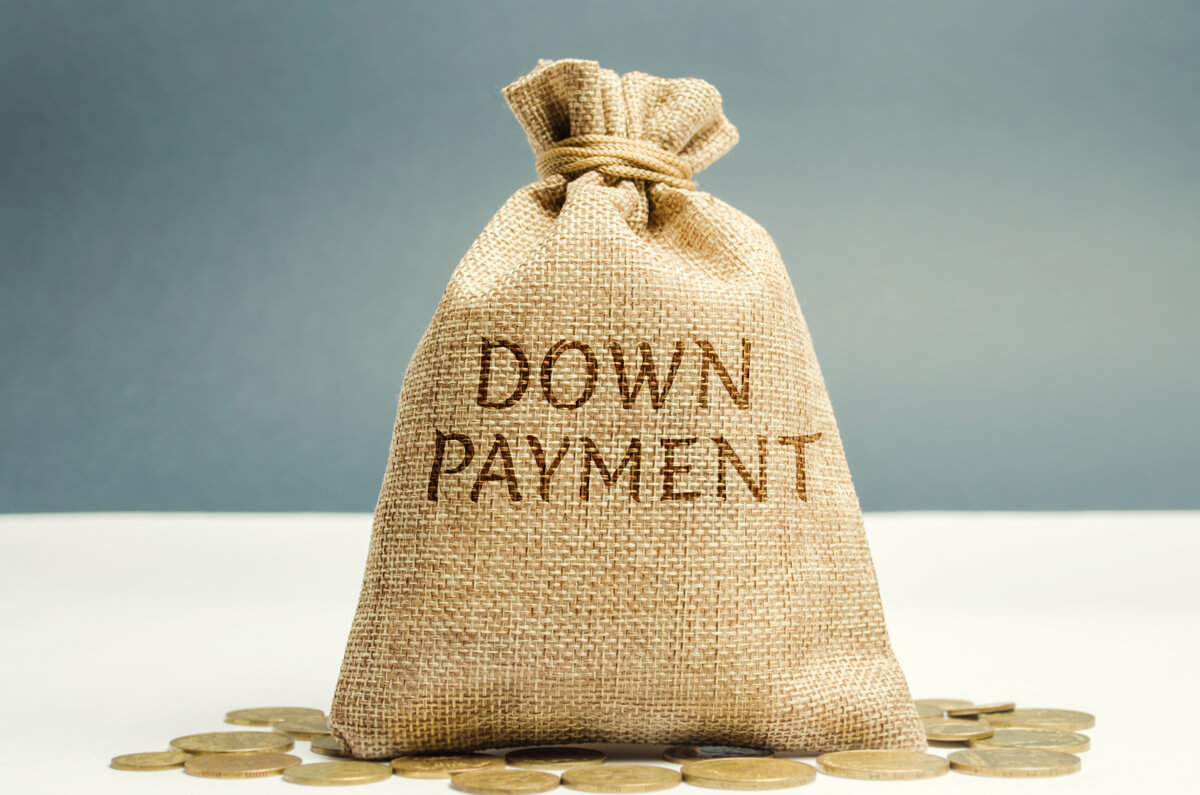
Save a Larger Down Payment
A conventional mortgage lender will be more likely to approve your application if you make a larger down payment. Lenders hesitate to offer mortgages to people with bad credit because there’s a higher risk that the borrower will default on the loan. However, a bigger down payment offers some extra security to your lender. You’re less at risk of going underwater on the loan, which makes it easier to sell the home if you can’t make the payments.
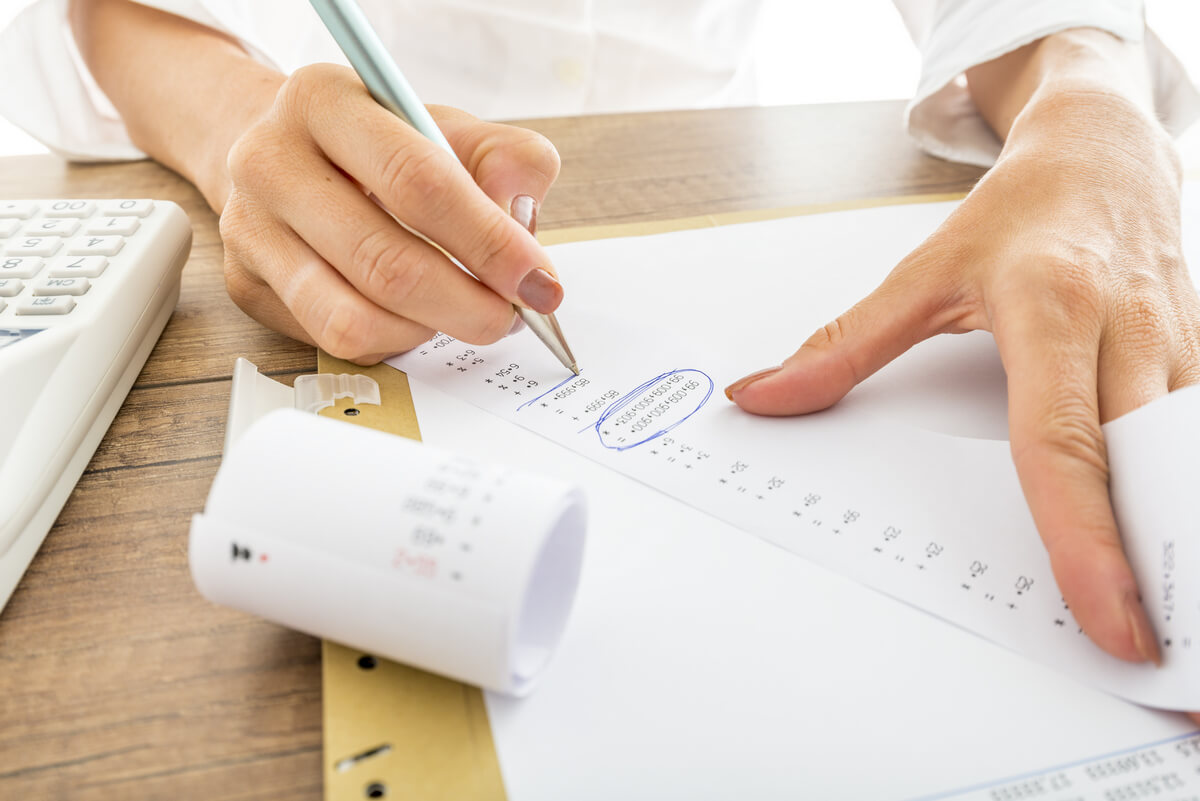
Keep a Record of All Income
Proving all of your income to your lender can help you get approved for a mortgage if you have a low credit score. When your lender knows that you make enough to comfortably afford your payments, they feel safer offering you the loan. If you have a second job or a side gig, keep all records of your payments to prove your income. If you receive any other sources of income, such as child support, be sure to include them in your application.
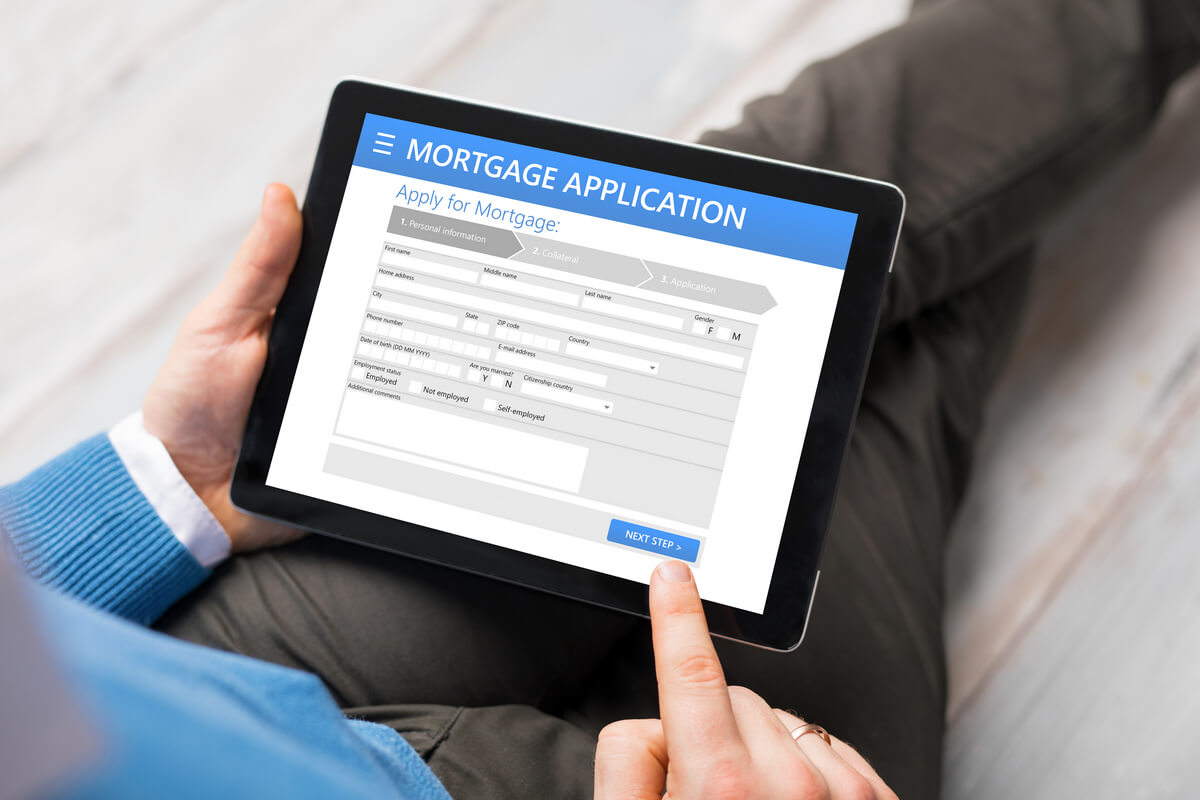
Don’t Apply for Other Loans
Undergoing an official credit check can negatively affect your credit score. While searching for a home, try to avoid applying for a new credit card, car loan, or any other loan. Not only will this decrease your score, but lenders might get suspicious if they see that you’re applying for multiple loans at once.
If you have bad credit, your mortgage options may be limited. However, it is possible to buy a house with poor credit. Do as much as you can to increase your credit score while you prepare to apply for your mortgage, and make yourself a favorable borrower by offering larger down payment and maximizing your income. If you carefully explore every option available to you, you can achieve homeownership regardless of your credit history.

